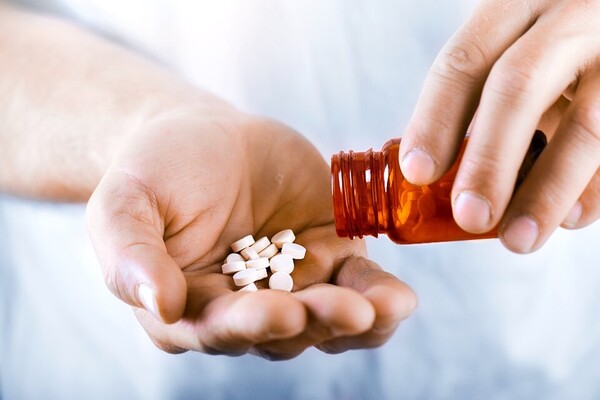
Korean pharmaceutical companies that have launched generic versions of AstraZeneca's SGLT-2 inhibitors Forxiga (dapagliflozin) and Xigduo (dapagliflozin-metformin hydrochloride) are facing difficulties promoting their products as they have been suspended from advertising these drugs.
According to the Ministry of Food and Drug Safety, Hanmi Pharmand Yungjin Pharmaceutical received a three-month advertising suspension for six and three dapagliflozin ingredients on Nov. 23. As a result, the two companies cannot advertise these products from Friday to March 7, 2024.
The affected products include Hanmi Pharm’s Dapalon Tab. (5mg, 10mg), Dapalon Duo SR Tab. (5/500mg, 5/1000mg, 10/500mg, 10/1000mg), and Yungjin Pharm’s Dapflo Tab. 10mg, Dapflo M SR Tab. (10/500mg, 10/1000mg).
The suspension follows the discovery that each company advertised contents other than the authorized efficacy and effectiveness using pamphlets targeting physicians and others. In addition to Hanmi Pharm and Yungjin Pharm, HK inno.N (Dapa N Tab.), Daewon Pharmaceutical (Dapawon Tab.), Huons’ (Huxiga Tab.), Aju Pharmaceutical (Daparil Tab. and Daparil Duo SR Tab.), and Boryung (Trudapa Tab. and Trudapa M Tab.) have received administrative penalties for the same reason.
The mass suspensions date back to April when some patents for dapagliflozin single agent Forxiga and metformin combination drug Xigduo expired in Korea. At the time, Korean pharmaceutical companies rushed to launch generic versions of the drugs, some of which promoted their efficacy and effectiveness for chronic heart failure or chronic kidney disease through promotional materials and symposium events.
The problem is that while the original drug, Forxiga and Xigduo, has three indications, including type 2 diabetes, chronic heart failure, and chronic kidney disease, Korean generics have not secured chronic heart failure or chronic kidney disease as indications due to patent issues.
AstraZeneca sent proof of content to some pharmaceutical companies and the MFDS, which also launched an inspection, seeing it as advertising beyond the approved indications. Article 68 of the Pharmaceutical Affairs Act prohibits advertisements on the efficacy or performance of unauthorized drugs unless approved or approved for change.
In July, the ministry and its regional chapters investigated these pharmaceutical companies for advertising off-label indications, announcing it would take action against violations. That explains why it has continued to send suspension orders since August. The first offender's penalty is a three-month suspension from advertising the item.
As more than 60 domestic pharmaceutical companies are known to have launched generic versions of Forxiga or Xidguo, the administrative penalties for off-label advertising are expected to continue for some time, according to industry insiders.
However, the pharmaceutical companies named in the administrative penalties have removed the advertising phrases, claiming their sales have not been significantly affected.

